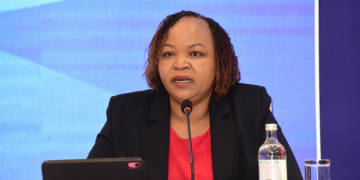Each year on November 19, the world marks International Men’s Day, a day dedicated to acknowledging the contributions, well-being, and challenges of men and boys.
The observance invites us to reflect on men’s role in society, celebrate positive male role models, and confront issues affecting men’s physical, emotional, and social health.
It also seeks to promote gender balance and remind us that true equality requires strengthening both sides of humanity.
These goals remain just as urgent today as when the day was first conceived in 1999. And they are especially relevant in societies where the conversation on gender has become increasingly one-sided.
Recent Encounters
Recently, I attended a private event where, as is common in many Kenyan gatherings, the program paused for a brief sermon.
The reverend spoke passionately about the covenantal responsibilities of men, builders, providers, and protectors under God’s design.
As I reflected on her message, something unexpected struck me moments later. During the announcements, two upcoming events were highlighted. One for women and another for teenage girls. Yet again, nothing for men or boys.
This has become the norm.
Since the gender equality debate began, what was intended to be a balanced conversation, uplifting both boys and girls, men and women, has increasingly tilted toward female empowerment alone.
That agenda has succeeded in many respects, and rightly so; women deserve opportunities long denied to them. But it has also, perhaps unintentionally, overlooked the struggles of the boy child.
Also Read: 6 Notable Women Leading Major Companies in Kenya
This imbalance is particularly ironic in Kenya, where our Constitution’s two-thirds gender rule was designed to ensure equitable representation for both sexes.
The intention was not to elevate one gender at the expense of the other, but to promote fairness and inclusivity across public life.
On paper, our institutions speak the language of gender balance. In practice, the conversation overwhelmingly favors one side. The consequences are becoming visible.
The Disappearing Men
A few weeks ago, digital creator Sandra Shiku observed something unsettling at a concert: the near absence of men.
Her observation sparked an online discussion that mirrors what we see in classrooms, professional workshops, leadership programs, and community gatherings. Men are withdrawing from public spaces, either by choice or by circumstance.
The reasons are layered. Economic pressures affect men heavily, especially young men who face shrinking opportunities and rising expectations.
Attending an event, enrolling in a course, or even showing up for community activities often comes with a financial cost many men simply cannot afford. Meanwhile, women’s participation and economic progress, worth celebrating in their own right, continue to grow.
I witness this imbalance firsthand. In almost every professional or civic session I’ve facilitated in recent years, women outnumber men, sometimes dramatically.
Even in institutions legally bound to maintain gender balance, women dominate in training programs, leadership development sessions, and capacity-building opportunities. On the surface, our systems are balanced. In reality, participation is not.
A Crisis of Identity
This disappearance of men from public life mirrors a deeper internal crisis. Many men feel subdued, unacknowledged, or perpetually cast as villains rather than contributors.
Society celebrates women’s achievements, and rightly so, but rarely pauses to appreciate the men who lead quietly, sacrifice daily, and uphold families and communities.
The statistics reflect this troubling shift. In Kenya, men disproportionately struggle with substance abuse, tobacco use, and incarceration.
National drug-use surveys show that men are significantly more likely than women to use multiple substances, and they dominate criminal conviction numbers. These patterns are echoed globally. In the United States, for example, men die of drug overdoses at more than double the rate of women.
At the same time, women’s economic advancement continues to accelerate. More women today occupy high-earning positions, enjoy greater financial stability, and have access to opportunities once considered out of reach.
This progress should be celebrated, but it also highlights a widening gap, particularly for young men who increasingly struggle to find their footing. The result is a quiet but growing crisis of identity, confidence, and purpose among men.
This crisis extends into our homes. Men are not only absent from public life, they are increasingly absent from family life, too.
Cost of Father Absence
Research in Kenya and around the world consistently shows that father absence significantly increases the risks of emotional, behavioral, and academic challenges for children. These risks are not destiny; many children raised by single mothers thrive, but the data is uncontested: a father’s presence matters.
Studies in Makueni County reveal that adolescents without active father figures struggle more with emotional adjustment. In Keiyo Sub-County, boys from father-absent homes record notably lower self-esteem scores.
Also Read: Wives Beating Husbands in Mt. Kenya Pushing Men to Die by Suicide – Chief Lifts Lid
International research links father absence to higher risks of behavioral problems, substance abuse, and early sexual activity. A father shapes identity, discipline, emotional grounding, and resilience.
When boys lack positive male role models, they are more vulnerable to unhealthy expressions of masculinity. When girls lack them, they may face challenges in forming expectations of safety, partnership, and male presence.
The family, our most essential social institution, cannot stand strong when half its pillar is missing.
Restoring the Covenant
From a spiritual perspective, men were entrusted with a covenant: to lead with love, serve with humility, build with diligence, and protect with courage.
This calling is not about dominance but about responsibility. When men falter, or when society ignores their struggles, families weaken, communities lose stability, and the very balance our Constitution envisions becomes impossible to achieve.
As we observe International Men’s Day, we must remember the boy child, the future man, father, and leader.
If we allow his challenges to remain invisible, we set in motion consequences that will reverberate across generations. Empowered women will increasingly struggle to find equally empowered partners. Children will grow up with emotional gaps that are difficult to fill. Communities will lose protectors, mentors, and pillars they desperately need.
Restoring balance is not a favor to men. It is a necessity for society.
Let us celebrate men not as competitors to women, but as their God-given counterparts, equal in dignity, different in role, and essential in purpose.
Let us honor men not only for what they do, but for who they are. Bearers of covenant, builders of nations, and pillars of community.
As we uplift women, let us also uplift men. As we empower girls, let us remember the boys. And as we pursue equality, let us ensure we do not lose balance.
International Men’s Day is not about diminishing the progress of women. It is about widening the lens to ensure that both wings of society are strong. Because only then can we truly rise.
Follow our WhatsApp Channel and X Account for real-time news updates.


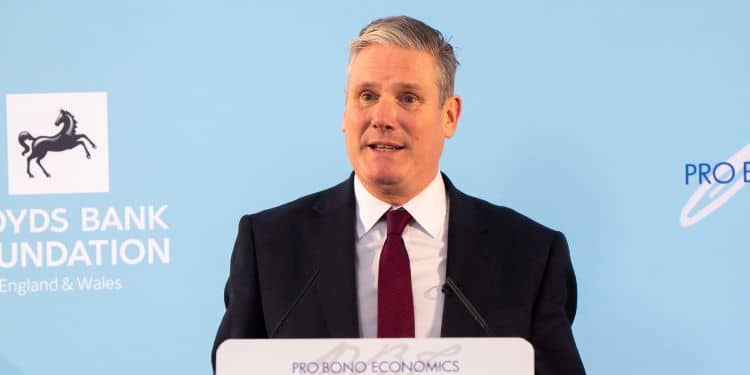
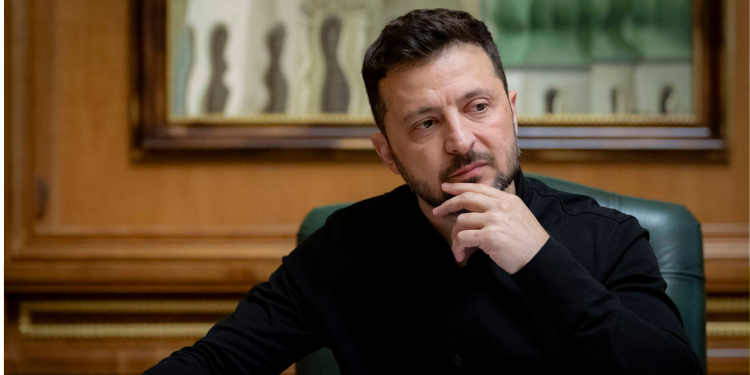
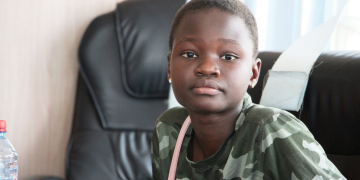
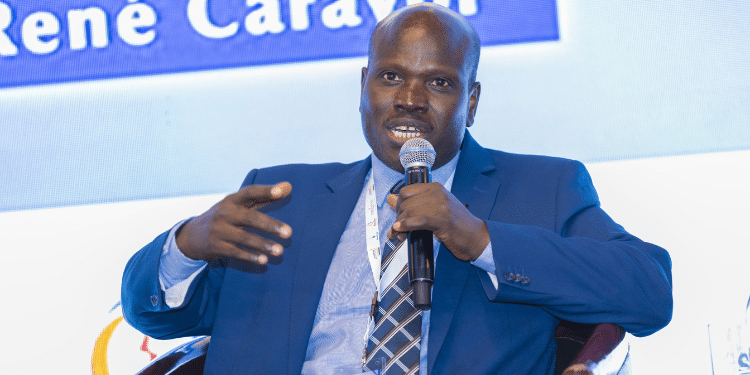

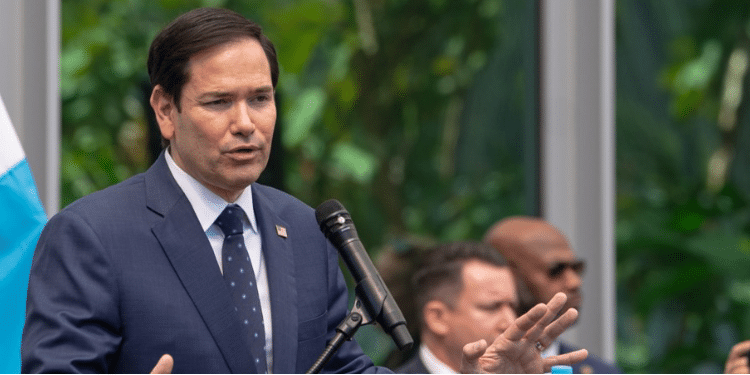









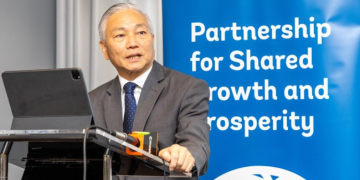

![Billions Each Top Kenyan Bank Has Made So Far In Profits This Year [List] Q3 2025 Results For Equity, Kcb, Co-Op, Absa And Other Banks]( https://thekenyatimescdn-ese7d3e7ghdnbfa9.z01.azurefd.net/prodimages/uploads/2025/11/C0-OP-KCB-Equity-Absa-360x180.png)

